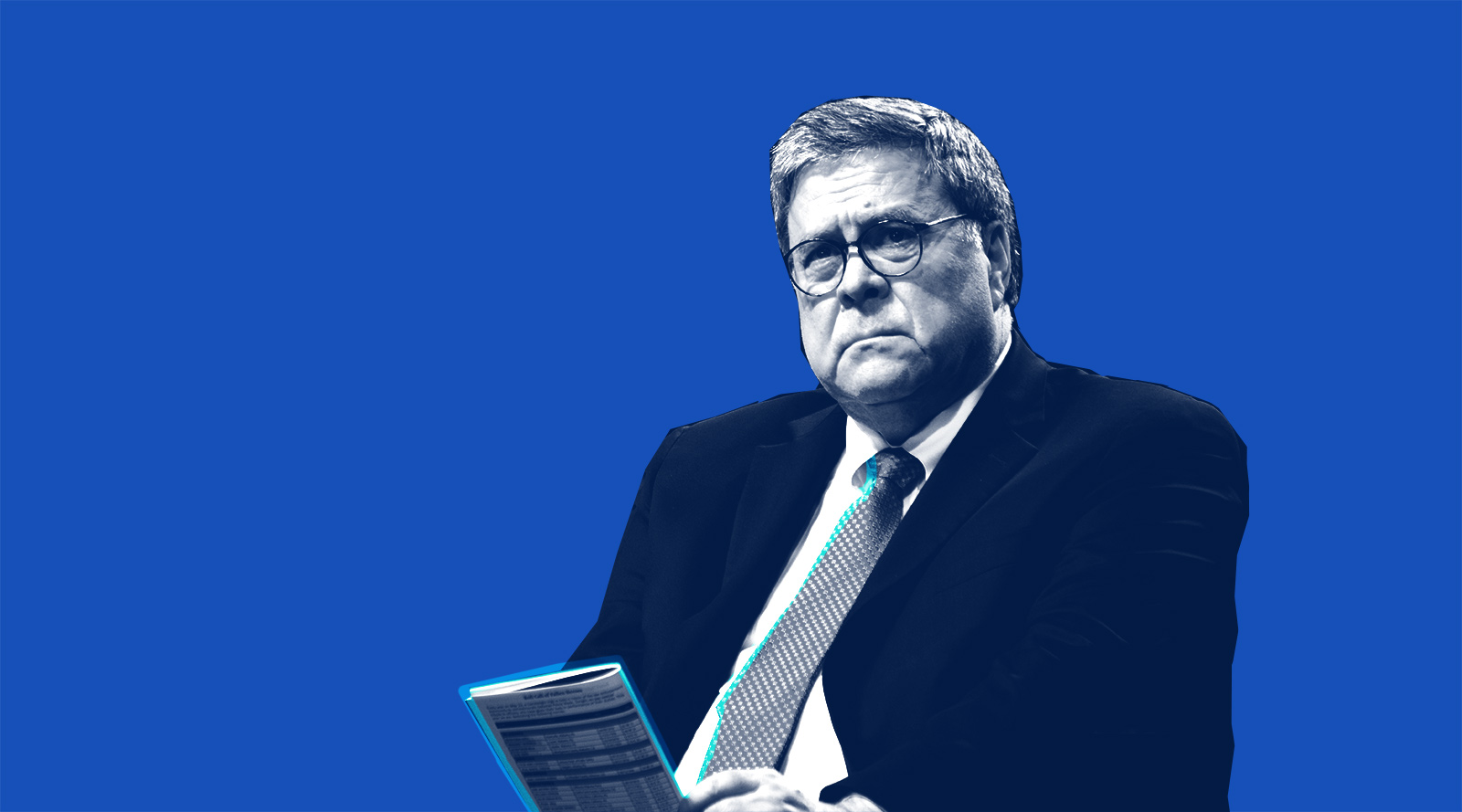DOJ is Soft on Corporate Crime But Prosecuting Protestors
William Barr is Letting Corporate Wrongdoers Off The Hook
By Rick Claypool

Attorney General William Barr recently told the House Judiciary Committee that he wants to “restore the rule of law,” insisting “The rule of law is, in essence, that we have one rule for everybody.”
But when it comes to corporate crime, we know that just isn’t true.
Consider how the US Justice Department is treating anti-racist protestors accused of breaking the law compared to how it’s treating corporate offenders. The recent case against JPMorgan Chase puts the US’s unfair, two-tiered system of injustice on full display.
In early September, Barr instructed federal prosecutors to consider using criminal sedition charges to quell ongoing police accountability protests. A sedition charge alleges the accused is engaged in a criminal conspiracy to overthrow the US government and carries a maximum sentence of 20 years in prison; applying the law to protestors, even destructive protestors, would be tantamount to an extreme escalation of force. It would also go against the local law enforcement prerogatives of local elected officials — at least one of whom, Mayor Jenny Durkan of Seattle, Barr has also reportedly considered prosecuting for resisting harsh enforcement against protests.
Meanwhile, Barr’s DOJ concluded a criminal investigation into eight years of fraudulent behavior by multinational megabank JPMorgan Chase with a deferred prosecution agreement, which allows the bank to avoid prosecution, and a fine the equivalent of ten days and twelve hours’ worth of the bank’s profits last year.
The fraudulent behavior, called “spoofing,” essentially involved using fake orders of precious metals contracts to alter the commodities’ prices and trick other commodity buyers and sellers, facilitating unfair profitmaking for JPMorgan and its traders. Two JPMorgan traders pleaded guilty and four other employees have been charged in the scheme.
The lenience for the bank itself and its executives might be understandable if this was JPMorgan’s first brush with the law. It’s not. In fact, this is JPMorgan’s second deferred prosecution agreement (and fourth agreement allowing it to avoid prosecution) from DOJ in under ten years. The bank also pleaded guilty in 2015 to a one-count felony charge of conspiring with other global megabanks to manipulate exchange rates, a violation of the Sherman Antitrust Act.
The wrongdoing described in the DOJ press release about this latest enforcement action against JPMorgan spans 2008 to 2016, meaning it overlaps with all three previous leniency agreements and the term of probation resulting from its 2015 guilty plea.
The terms of all of the leniency agreements say that if the bank breaks the law while bound by the agreement, the DOJ can prosecute the bank for its crimes. Additionally, breaking the law while on probation constitutes a probation violation — a crime in its own right.
For perspective on how the legal system treats humans, as opposed to corporations, when they violate probation, consider that a 2019 report by the Council of State Governments Justice Center finds that nearly 280,000 people are incarcerated in the US because of probation or parole violations. That’s almost a quarter of the US prison population.
JPMorgan is not the only corporation avoiding prosecution. My Public Citizen research shows that dozens of major companies are repeat offenders that receive repeat leniency from the Justice Department. Despite President Trump’s occasional “LAW AND ORDER” Twitter posts, in 2018, U.S. Sentencing Commission data show the number of federal prosecutions against corporate offenders reached an all-time low, and Syracuse University data updated in August shows that prosecutions of individual white collar criminals have similarly plummeted.
Furthermore, the bombshell FinCEN Files investigation by the International Consortium of Investigative Journalists, BuzzFeed News and numerous international reporters is revealing the rampant lawlessness among big banks that federal law enforcement officials have opted to overlook.
If the “rule of law” is, as Barr says, that we have one rule of law for everybody, then it’s true that the rule of law in the US needs to be restored.
But Barr’s DOJ has the way to restore the rule of law completely upside-down. In a system of justice that truly serves the people, people must be able to rise up freely to demand reform and hold police forces accountable for violence and racism. The system must be responsive, not reactive, to public protests.
It’s sophisticated recidivist corporations like JPMorgan that merit more attention from prosecutors. Allowing rampant wrongdoing among the biggest banks like JPMorgan can result in financial disasters that devastate communities and threaten the global economy. It can also empower cheaters and oligarchs who worsen systemic inequalities by exploiting their insider status for personal gain.
Ignoring the widespread harms that corporate criminality can bring is about as far from “justice” as it gets. A good start toward “one rule of law for everybody” would be to drop the protestor prosecutions — and to start the corporate prosecutions.